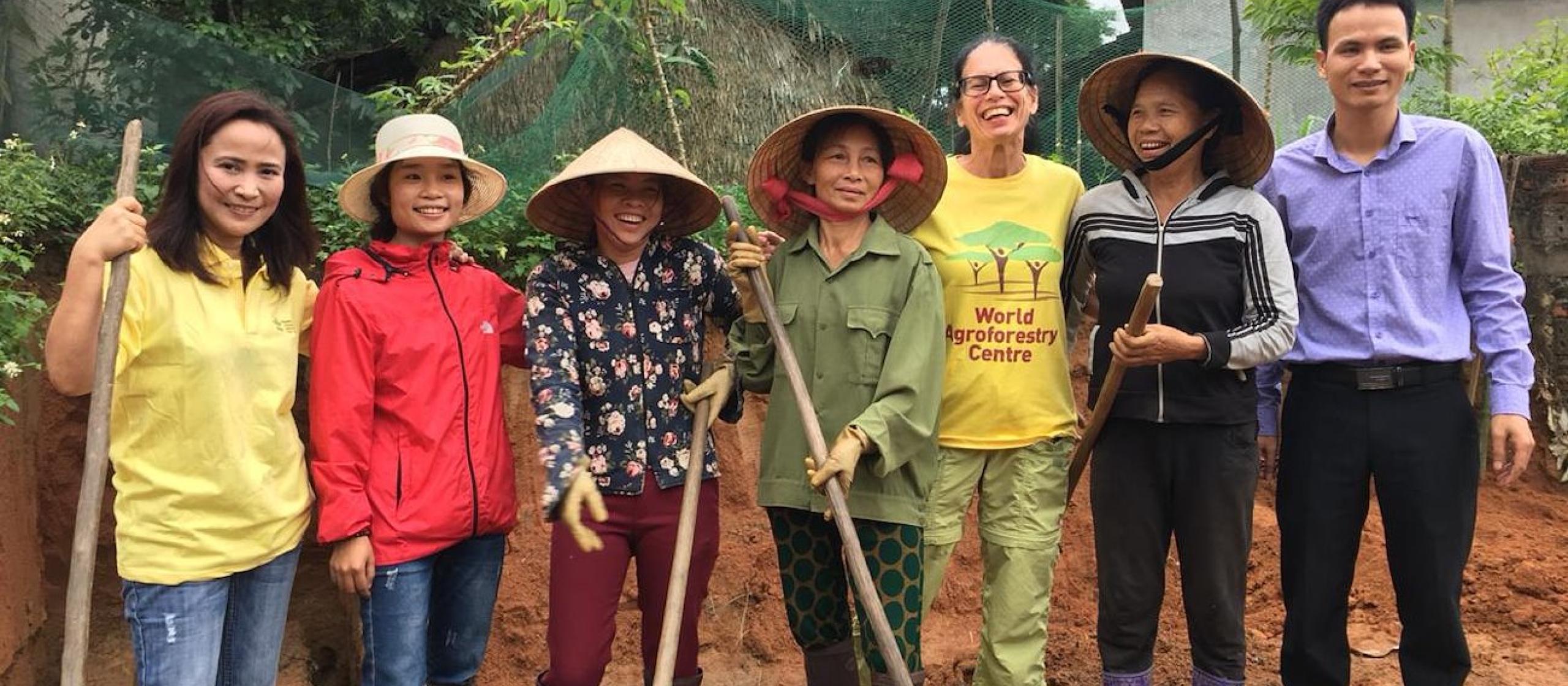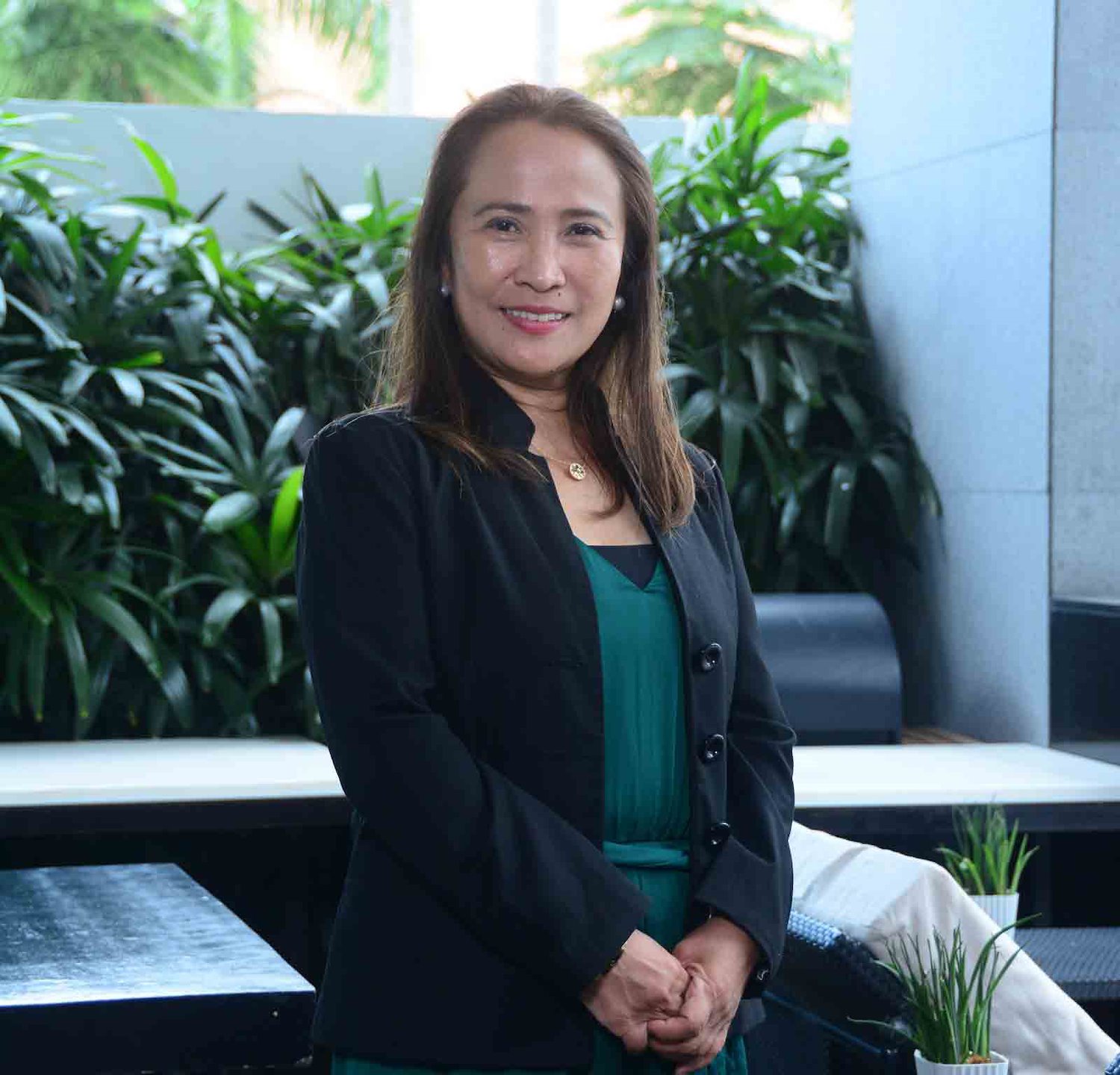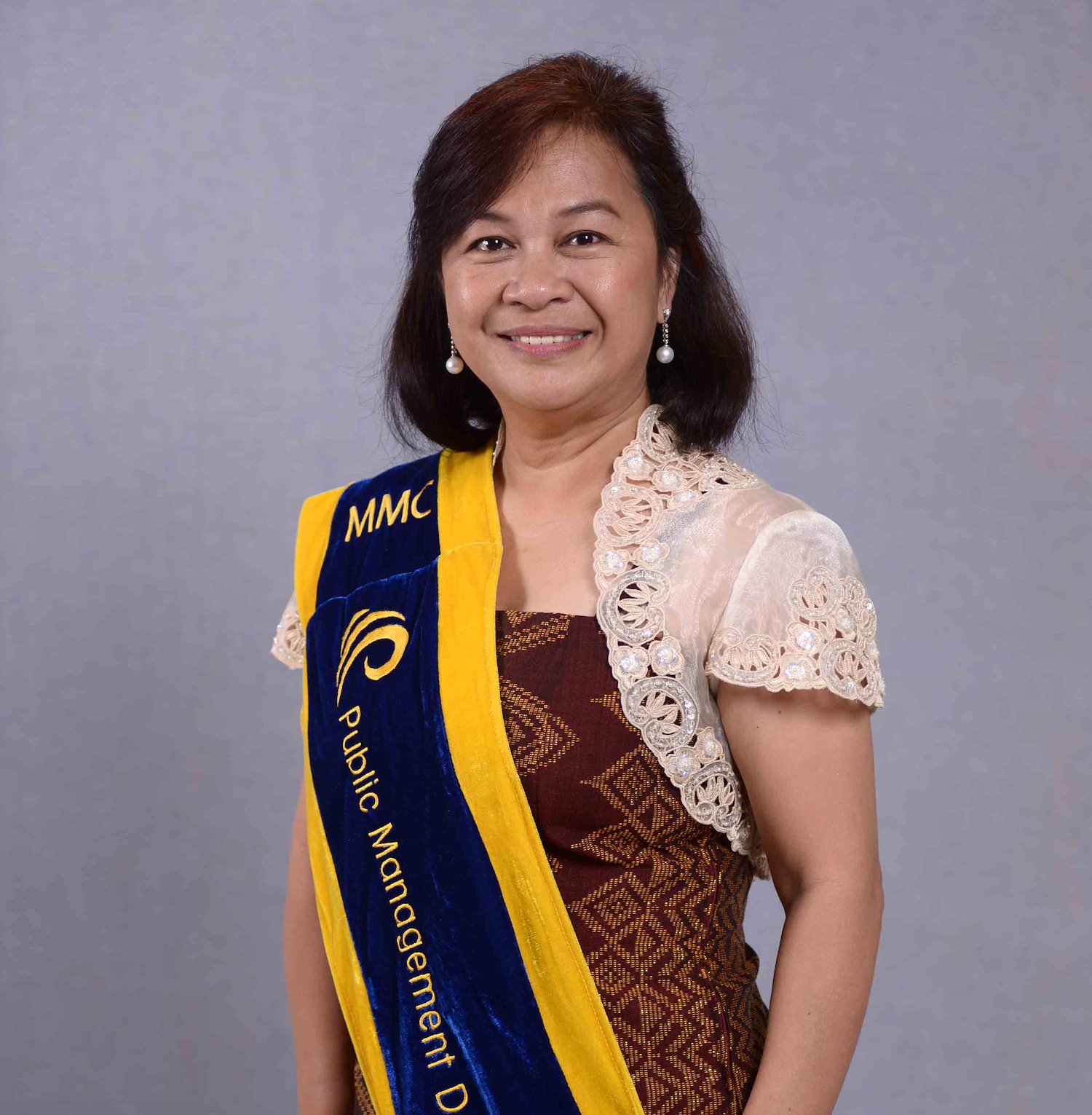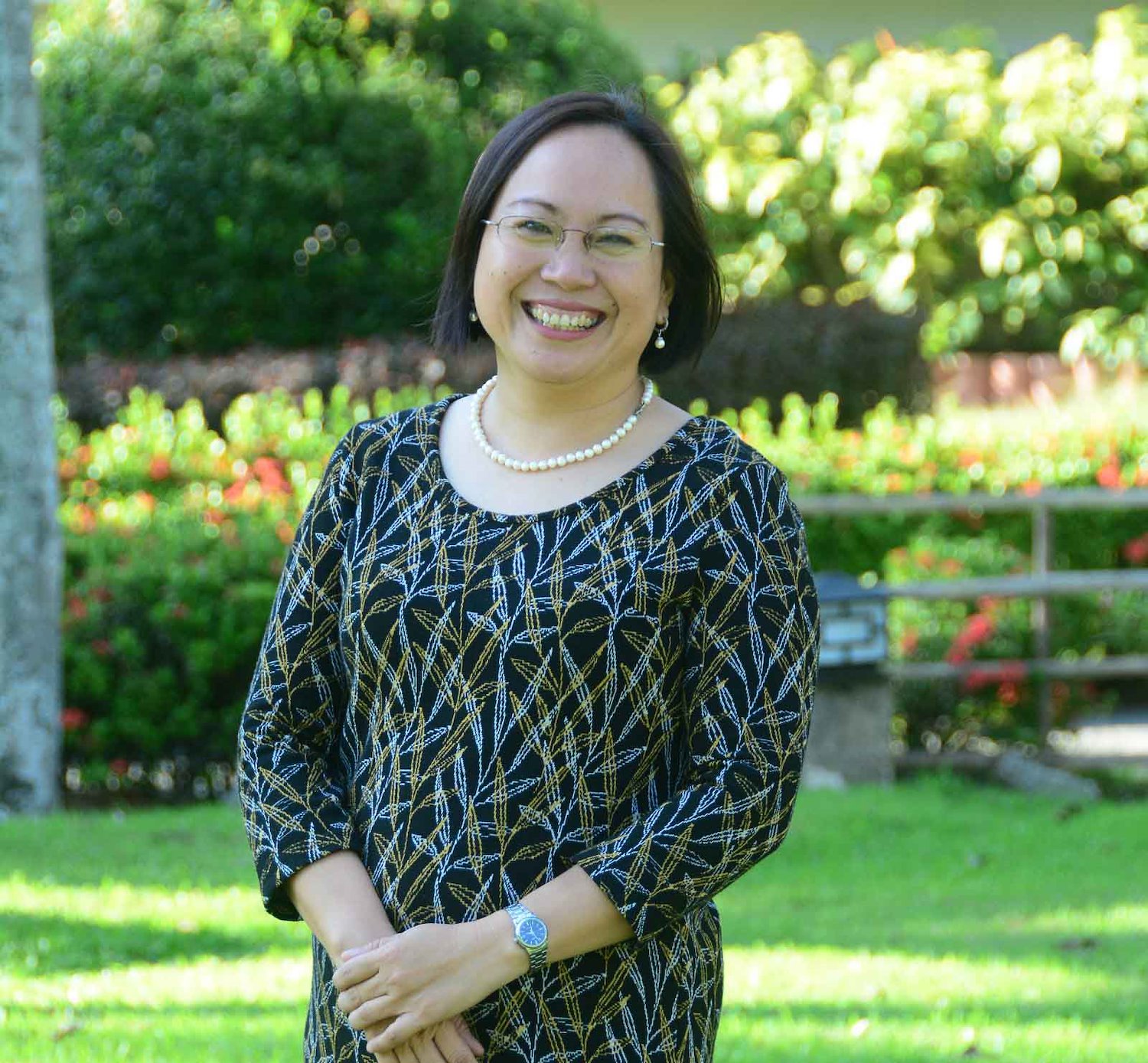- HomeHome
-
About ACIAR
- Our work
- Our people
-
Corporate information
- ACIAR Audit Committee
- Commission for International Agricultural Research
- Policy Advisory Council
- Agency reviews
- Executive remuneration disclosure
- Freedom of information (FOI)
- Gifts and benefits register
- Information publication scheme
- List of new agency files
- Contracts
- Legal services expenditure
- Privacy impact assessment register
- Commonwealth Child Safe Framework
- Benefits to Australia
- Careers
- 40 years of ACIAR
-
What we do
- Programs
- Cross-cutting areas
- Resources
- Where we work
-
Funding
- Research projects
- Fellowships
-
Scholarships
- John Allwright FellowshipScholarships to study in Australia for ACIAR partner country scientists to have Australian postgraduate qualifications
- ACIAR Pacific Agriculture Scholarships and Support and Climate Resilience Program
- Alumni Research Support Facility
- Publications
- News and Outreach
Date released
13 March 2020
Over the last three decades, Australian and Filipino scientists have been working together on programs that aim to increase agricultural productivity, marketability, and competitiveness of agricultural products in the Philippines. This partnership is helping to bring about positive change in many communities across the country.
Instrumental to bringing about these positive changes is the network of ACIAR alumni who have been trained by and worked with Australian experts and institutions and are now using and applying their learning to help improve the Philippines’ agriculture and fisheries sector. As professionals, officers and managers, these alumni now have the skills and ability to become champions for development.
Following International Women’s Day, Filipino women scientists and researchers who are alumni of ACIAR Fellowships share how their work are breaking new grounds and helping communities in the Philippines and in the Asia-Pacific region achieve food security, improve livelihoods, and lead better lives.
Delia Catacutan: Working beyond borders
It is hard to put into words how much Del has contributed in the field of natural and rural systems research and development in the Philippines and to the rest of the world. She has 20 years of research experience in socio-economic, technical, policy, gender and institutional dimensions of agroforestry and integrated natural resources management. She likewise has expertise on watershed management, land use, landscape and national resource management and planning.
Del, who took the John Allwright Fellowship for her doctoral studies in Natural and Rural Systems Management and was also a recipient of the John Dillon Fellowship, noted that the ACIAR fellowships allowed her to get further education and training abroad. Looking back, Del still fondly remembers the times she went to the campus early in the morning like a schoolgirl to arrive at the office before her supervisor. She also recalls how she studied and worked on her research until the wee hours burning the midnight candles, visiting libraries and accumulating big piles of references to achieve her research goal.
Del felt that her ACIAR Fellowships greatly increased her confidence to take on bigger responsibilities and opened up more opportunities for her such as being awarded a postdoctoral fellowship abroad. She exemplified that her work ethics has contributed to her success in the Philippines and abroad.
Today, she is a senior scientist at the World Agroforestry Centre (ICRAF) in Bogor, Indonesia. Del led the implementation of agricultural land use planning of an ACIAR-CSIRO project entitled, “Land resource evaluation for productive and resilience landscapes in the central dry zone of Myanmar.” She also led the development of agroforestry roadmaps and ICRAF country programs for Cambodia and Myanmar, and coordinated a study on governance of shared landscapes covering Vietnam, Kenya and Somalia funded by the International Food Policy Research Institute and the Consortium of International Agricultural Research Centers.
Del has also led the preparation of the ASEAN Agroforestry Guidelines which was recently adopted by ASEAN Member States – a landmark achievement in terms of linking science to policy action. Other than this, she has also authored and co-authored more than 100 journal articles, book chapters, working papers, policy briefs, booklets, as well as authored and co-edited books. She is also a reviewer of scientific articles for major international journals such Land Use policy, Agroforestry systems, and International forest review to name a few, and a certified project management expert by the American Project Management Council.
A former professor, project leader and specialist, these positions built Del’s career throughout the years and gave her the recognition she deserves. Recently, Del received the highest commemorative award by the Socialist Republic of Vietnam through the Ministry of Agriculture and Rural Development for her contribution to Vietnamese agriculture and rural development.
Delia Catacutan (left) in the field with other researchers and farmers on an ICRAF project.
Del also works for the betterment of her home country’s ecosystem. Among her other roles is a consultant for a project at the United Nations Development Programme in the Philippines that handles management of the rehabilitation of degraded agricultural lands and biodiversity-friendly enterprises.
Del hopes the Philippine government will provide more support to research and give incentives to scientists, who aim for innovation in hopes of addressing the agricultural and environmental challenges the country continues to face.
“Only the paranoids survive,” is Del’s motto that she would like young scientists to take by heart. Del believes scientists must persevere and strive to do research that is salient, credible and legitimate. She is a believer in the old adage that success does not come overnight and that it’s all about continued learning, expanding one’s portfolio, hard work, and dedication, which truly reflects the work she has done and the accolades she has received.
Karen Barroga: breaking barriers
Breaking barriers is a skill that Karen has perfected throughout her career. K, as she is called by her peers, has been paving the way for new roads and opportunities everywhere she goes.
K is part of the Philippine Rice Research Institute (PhilRice) Development sector that handles technology promotion, community relations, training programs, communication and advocacy, and other extension services. With support from the ACIAR John Allwright Fellowship (JAF) Program, she was able to break the PhilRice tradition wherein research-based staff had more opportunities to pursue doctoral studies. Her JAF experience probably encouraged her development sector colleagues to pursue postgraduate studies as well.
Focusing on development communication, agricultural extension, and knowledge management, K’s doctoral research dealt with improving the adoption of more environment-friendly and sustainable rice production technologies in the country. This supports her life-long dream for Filipino farmers to become more competitive in the market by increasing yield and reducing production cost using eco-friendly technologies.
After completing her degree, K returned to PhilRice and proposed the institutionalisation of development and action research. She convinced the management that regular funding and a focused program will encourage returning scholars from the development sector to continue their career at PhilRice.
Today, the development sector has five staff members who hold a doctoral degree. The group has completed several research projects that aim to improve the understanding of the different pathways technologies can effectively reach and be adopted by farmers.
Upon her return to the Philippines, K also put forward a project proposal inspired by a publication she came across during the John Allwright fellows meeting in Canberra. It was about making science easy to understand for decision-makers. It was something that was positively received at PhilRice.
This, however, was not the biggest project K undertook after completing her fellowship. Instead, it was the development of a new breed of agricultural extension workers (AEWs) branded as AgRiDOCs or Agricultural Development Officers of the Community that serve as one of K’s biggest achievements to date.
Together with her team, she developed and pilot-tested a training curriculum and modules for AgRiDOCs. K’s unconventional idea which utilized transformational leadership as foundation alongside several creative learning strategies resulted in achievements that drew the attention of the Department of Agriculture (DA) secretary. The project was upscaled and today, there are more than 500 AgRiDOCs nationwide and some have even been nationally recognized and promoted to positions of leadership. These AgRiDOCs are now active partners in the field by PhilRice, the International Rice Research Institute, and the DA Regional Field Offices.
K has been recently appointed as PhilRice’s Deputy Executive Director for Development. She acknowledges JAF not only for improving her credentials that qualified her for the post but also, for the training that is helping her lead the team. The fellowship also built her confidence, enabling her to effectively work with scientists and researchs. Moreover, it paved the way for K to be invited as a resource person in international conferences and workshops, and as an evaluator for agriculture extension projects in China, Thailand, and Vietnam.
K has also taken on the leadership role at PhilEASNet, a professional organization of people involved in extension and technical advisory services. She continues to think of ideas that can further nurture and encourage the new breed of extension professionals who face numerous challenges in translating and communicating research results to help Filipino farmers. For the farmers and fishers, K remains grateful for their hard work in putting food on the plate of Filipino families.
For K, the JAF moulded her character and provided her with the tools to cope with the challenges of her current position. It transformed her into a better individual–well-rounded and equipped to handle not only work but also life, in general.
Marilou Montiflor: Paying it forward
During the challenging times throughout her career, Marilou always reviews the positive and encouraging feedbacks from her peers and supervisor, based on the 360 Leadership Assessment she took as a prerequisite of the New Leaders Development Program at the Melbourne Business School. This short course program had been one of many activities under the John Dillon Fellowship (JDF) Program.
Along with Marilou’s JDF, she was also a John Allwright Fellowship (JAF) awardee where she was able to pursue a Master of Philosophy degree in Rural Management at the Curtin University of Technology. It was also through the JAF that she and her son had lasting memories and shared experiences living abroad.
Her wide list of research and publications focused mainly on agricultural issues in Mindanao. For Marilou, the Philippines has a lot of rich resources which includes productive soil, relatively good weather for agriculture and most importantly, resilient people. With such positivity, she continues to engage herself with smallholder farmers and improve their access to information, support and services.
Marilou believes it is important to share one’s dreams with others because according to her, collective efforts can magnify the little steps, small victories and few resources. The ACIAR Fellowship gave her an opportunity for lifelong learning, honed her leadership skills, expanded her networks, practiced gender equity, and encouraged her for public service. After the scholarship, she continued to serve the country through the university which introduced her to ACIAR. She is grateful to the ACIAR and the mentors who opened the doors for her and now, she’s paying it forward.







